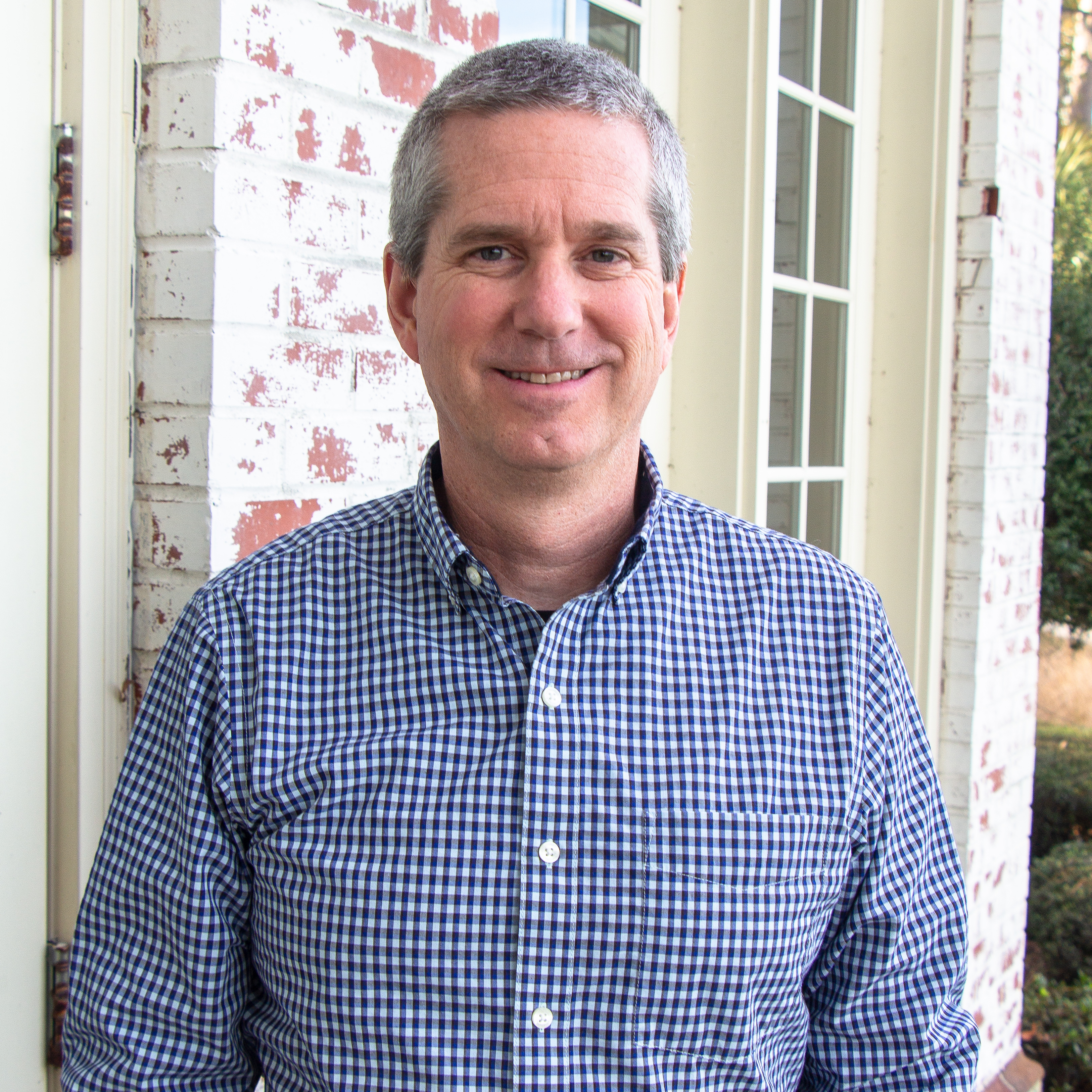In the second episode of The Church Planting Podcast, Mac Lake and Craig Whitney talk to Greg Nettle about factors that predict the success of a church planter.

Mac Lake
Mac has a passion for developing leaders especially in the area of church planting. He is a graduate of Moody Bible Institute (1984) and Dallas Theological Seminary (1990). In 1997, he planted Carolina Forest Community Church (Myrtle Beach, SC). In 2004,he began serving as Leadership Development Pastor at Seacoast Church (Charleston, SC) where he served for over six years.
In 2011 Mac worked with Brian Bloye to start the LAUNCH Church Planting Network. After five years, Mac and Brian gave the North American Mission Board the church planting system they developed. Mac went on to serve as the Senior Director of Church Planting Development for NAMB’s Send Network. Today he does church consulting fulltime, helping churches develop intentional leadership development strategies.
Mac and his wife, Cindy, live in Charleston SC. You can follow Mac on his blog www.maclakeonline.com and on youtube at www.Youtube.com/maclake

Craig Whitney
Craig is a strategist, teacher, leader and coach. Having started a church himself, he is passionate about developing the next generation of leaders who will start, grow and multiply even more effective churches. He lives in Sacramento, California with the cutest girl in his 4th Grade Sunday School class who he has now been married to for over 30 years. When he is not reading, writing or talking about ideas for developing leaders, he likes to spend time roasting and drinking coffee, cycling in the SierraFoothills and cheering on his favorite Formula 1 driver.
Part 1: Calling
M: It is vital to identify and confirm a sense of calling (a call to ministry vs. a call to church planting)
C: How do we discern that calling? Planters who talk about a people and a place are the ones who usually live out of a sense of calling (like being a missionary) vs. those who have a desire to see a certain kind of church (passion around model, ministry, and philosophy doesn’t sustain planters as effectively during the hard times)
Part 2: Spiritual Vitality
C: Character matters. Church planting is not about what God wants to do through me, but what he wants to do in me. Most issues in church planting are when we don’t allow God to do that work in us. People not seeking spiritual growth are likely to miss a lot of things God would do out of that internal change that would flow into their church and community.
Part 3: Assessment
M: Assessment is critical. Being looked at from so many different angles and being made to tell the story lots of ways brings further confirmation of calling, and helps identify strengths and weaknesses. Assessors will be honest because they’re looking at you from a different perspective than your loved ones do.
C: Assessment must be multi-lensed (personality profiles, questionnaires, experiences, interviews) to gather lots of data. The purpose of assessment is to provide potential planters with grace-filled feedback about the next season of their life in relation to church planting. Assessment is not for Stadia’s benefit – the greatest benefit is for the potential planter. Assessment clarifies calling. We cannot underestimate the significance of those days for potential planters.
M: Discovering you are NOT called is a win, too! Assessment is a way to discern if you’re being pushed or pulled into planting.
Part 4: Success Factors
C: Can they explain and inspire people towards a vision? Inspirational vision is essential for beginning a church and for gathering people & resources.
M: Do they have the ability to share their faith/experience in evangelism? Who have they discipled? Has their disciple made a disciple?
C: Can they multiply growth? Can they create systems, processes, and environments that help other people to become disciplers?
M: You don’t want a church to be the first thing you’ve ever started!
Part 5: Importance of Building Teams
C: It takes a team to lead a church, regardless of model or philosophy. Planters have to be able to build teams and hand them back off to function independently without direct day-to-day leadership. One person cannot lead all of the teams that a church needs to function. They have to switch from building a team around me to building leaders who can build teams around themselves to expand the breadth and depth of ministry.
Part 6: Communication Ability
M: Good assessments have candidates get up and preach – can they move people? Do they speak in a way that mobilizes people to growth & development? Are they preaching and communicating vision from a place of overflow, or just saying things they’ve written down? Assessors can tell if the speaker has been in God’s presence, has been in the Word, and is moved by a passion that comes from God.
Part 7: Ability to Raise Resources
M: Start sooner than you think you need to – it’s going to take awhile. Realize that raising resources allows people the opportunity to contribute to God’s work, not YOUR work.
C: Shift your thinking from “giving to support me” to “inviting others into God’s work to reach people.” Planters need to think bigger – the resources needed to start a church well are far more significant than you might imagine. Many planters have a huge vision for reaching people, but they minimize the resources needed to accomplish that – a big vision needs a lot of resources!
Part 8: Health of Marriage
C: Is the marriage healthy? One of the most significant reasons to not recommend a planter is if the health of their marriage is not at a level to thrive in process of planting. Adding the external stress of planting to regular everyday stress sets up a couple who isn’t healthy for failure, both in their marriage and in their church.
M: Partnership also vital. Covenant with each other. You don’t have to have the same level of passion, but you have to have the same level of peace. A check in the spirit of the spouse is a sign to give time and let God give them to a sense of peace.
Additional Resources
C. Peter Wagner (1990) – Church Planting for a Greater Harvest
Works of Aubrey Malphors

